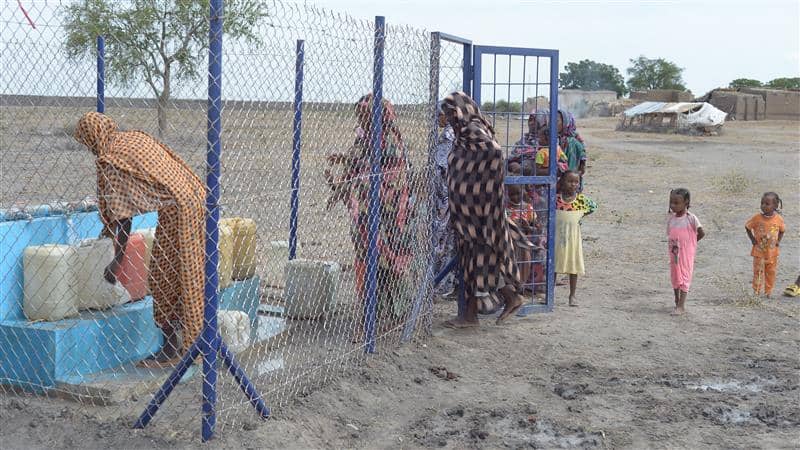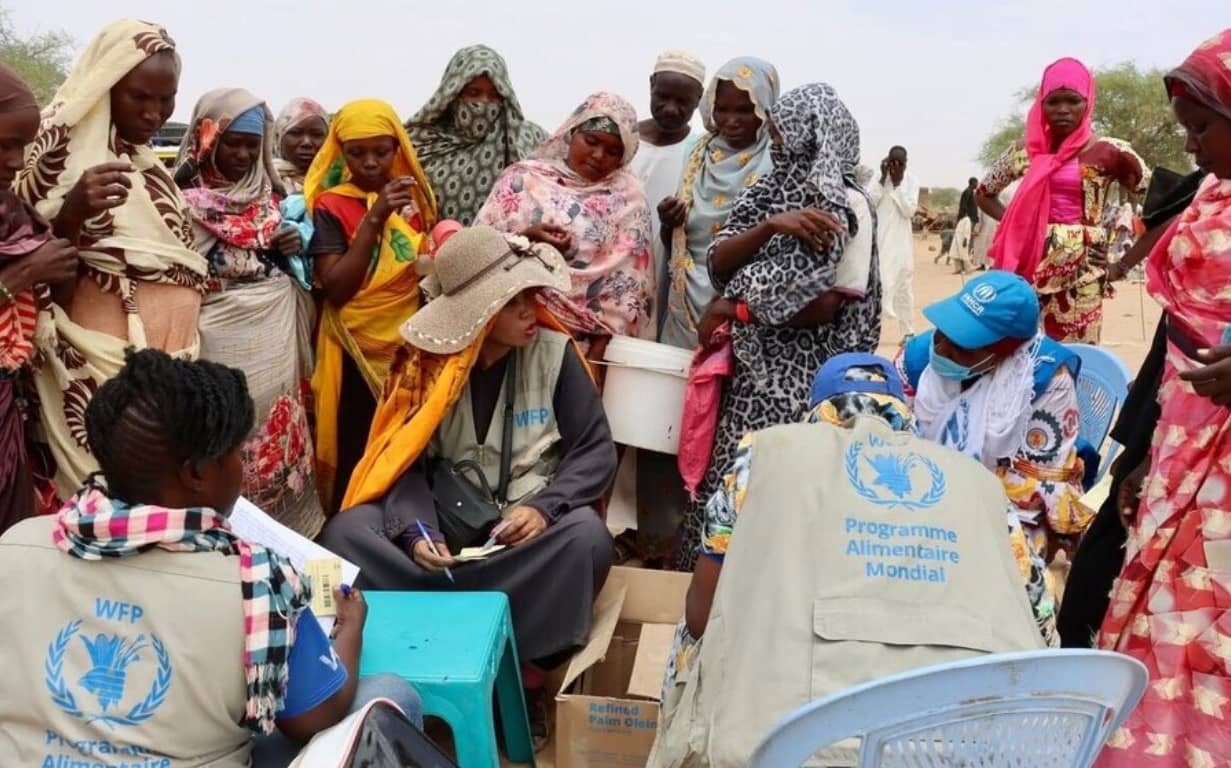YAOUNDÈ, Cameroon – Burundi is using the 125th anniversary of the arrival of Christianity in the African nation as a jumping off point to renew the faith of the population.
In an interview with Fides News Agency, Archbishop Bonaventure Nahimana of Gitega, the President of the Burundi Bishops’ Conference, said it will be the ideal occasion for Burundian Christians to reflect on the checkered history of Christianity in the country- a history marked by killings and failures, but also full of promise and hope.
Historically, the first Catholic missionaries – the White Fathers – arrived in Burundi in 1879, but faced hostility when three of their members were slain by Burundians. In 1898, other missionaries established a mission at Muyaga.
At the time, Burundi was an independent kingdom. In 1899, the kingdom became part of the German Empire, before being indirectly ruled by Belgium as a League of Nations mandate after World War I. It achieved full independence in 1962.
Nahimana said pilgrimages will be organized to some of these historic sites to remember the story of Christianity in Burundi.
“But since not everyone will be able to attend, we have planned for these pilgrimages to take place in the first five churches in Burundi so that people can understand how the faith came to our country and later spread throughout the region,” the archbishop said.
“We want to build monuments to commemorate the first settlement of the Church in Burundi starting from Muyaga, then Gitega, which was the first diocese as well as the seat of Burundi’s second parish, and then Bujumbura, because in the current capital there were the first attempts to proclaim the Gospel, but they were unsuccessful,” he continued.
Pilgrimages will also take place in Rumonge, where the White Fathers were murdered in 1881.
Paying homage to these persecuted early Christians, the prelate said, will be the first fruits of the anniversary.
“So, the fruits we hope to have from the Jubilee are first of all the renewal of the Christian faith. To remember where our faith came from to see it revived through families.”
He said a focus will be on the family, because “since the beginning of our evangelization, the family has been the first cell of the Burundian Church.”
“We hope that this Jubilee may mark a new stage in our evangelization and that is why we have focused it on the Christian family, which is the domestic Church and the first area of evangelization. This is because since the beginning of the Church in Burundi, families have participated a lot in the work of proclaiming the Gospel. Newly baptized parents sent their children to catechism, had them baptized, and taught them prayers,” Nahimana told Fides.
“That is why we wanted from the grassroots community, passing through the parish, the diocese, and then widening our gaze to the national level, to consider the condition and mission of the family. We will organize meetings for families at the parish and diocesan level that will conclude in May in a national forum in Bujumbura, to which representatives from Rwanda and neighboring Congolese dioceses are invited,” he said.
The prelate said the anniversary will also be a celebration of the growth of the Church in Burundi – a Church that now counts over 4 million members, a third of the country’s population. The country now has eight dioceses and 300 parishes and a large number of vocations.
“There are several religious congregations that were born in Burundi and are present in other countries. The first is the congregation of Soeurs Bene Tereziya, which was founded in 1931 by the first Apostolic Vicar of Burundi, Bishop Julien-Louis-Edouard-Marie Gorju, is now of pontifical right, and is present in Tanzania, Chad, Italy, and France. The second congregation is that of the Frères Bene-Yozefu, and then there is that of the Soeurs Bene Mariya, and others. In this respect the Church in Burundi has been blessed by the Lord,” the archbishop said.
He said Burundi has been producing enough priests that some have been sent to evangelize in countries like Cameroon and Chad, as well as far as Spain, France, Austria, Germany and Italy.
“Religious congregations of Burundian origin are also present in other countries. They are visible fruits of the missionary aspect of evangelization,” he said.
The archbishop also noted that the Catholic Church also runs such social services as schools, health centers, and social services.
Nahimana also said he hopes the country could see a visit by Pope Francis. During a visit to Rome last year, Burundian President Evariste Ndayishimiye invited the pontiff to visit the country.
The president said the pope “accepted spontaneously.”
“It even surprised me, moreover, because he …wrote that in his diary to remember it,” said Ndayishimiye.
















